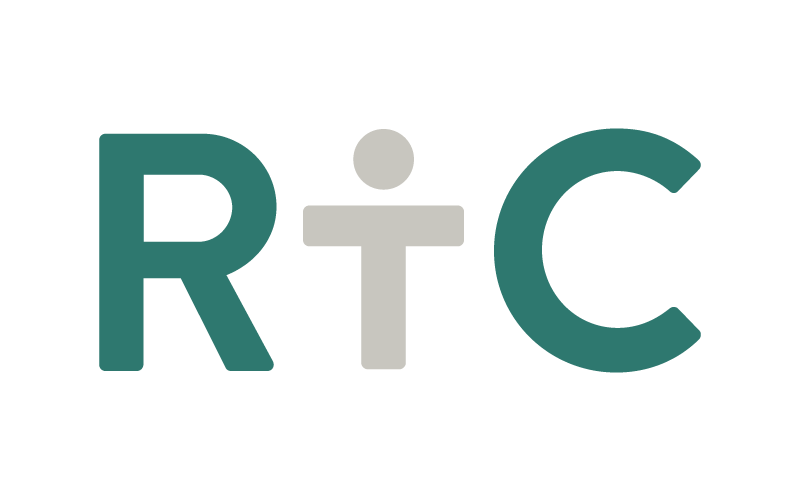You are no doubt familiar with the story in Matthew 22 where the Pharisees tried to trip Jesus up by asking him a loaded question, “Is it lawful to pay taxes to Caesar or not?” Much is made of the issue in the discussion about taxes and religious institutions--but the original context is often lost.
As Jesus spoke, the religious leaders saw an opportunity to handle two problems at once. By getting one of their minions to ask if Jesus thought Roman taxes were lawful, it would stir ire in the crowd who already resented paying taxes to Rome. Also, by cornering Jesus into speaking about it, He would either side with the crowd, giving Rome a reason to arrest Him, or support Rome, turning the crowd--who were essentially being double-taxed by paying taxes to Caesar and meeting tithe requirements—against Him.
Fortunately, Jesus knew full well what they were up to. Most likely the crowd knew too. It is easy to imagine a murmur running through the crowd when the question was asked. Another fortunate happenstance--Caesar was vain enough to have his own image stamped on all the money. Jesus gave a brilliant answer that not only sidestepped the trap but may have sent a giggle through the crowd as well. “Give to Caesar what belongs to Caesar and to God what belongs to God” (verse 21).
Exercising a Lifestyle of Giving
American money is imprinted with dead presidents and buildings, but as stewards exercising a lifestyle of giving, we already know that everything, even those green bills and shiny coins, belongs to God. We also have a Caesar that allows some tax-avoidance strategies for gifts to charity. The question today is not to whom we must give -- the question is how to maximize gifts to charity, reduce tax liability, and still have enough to care for our responsibilities.
God is well aware of our needs. He generously provides us with what we require. It is hard to calculate how much will be needed for an unseen future. Anything beyond that which is necessary to meet our needs could be considered excess with no value for us. Better to find ways to put those assets to work for the Kingdom.
That is why estate planning is so important. Good estate planning puts money in proper perspective. By taking advantage of proven legal tools, we can do 3 important things: take care of those for whom we are responsible, fulfilling charitable goals, and address taxation issues before they become burdens.

